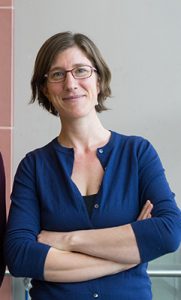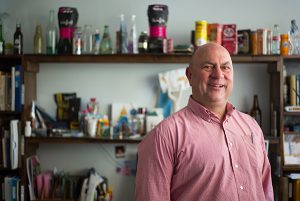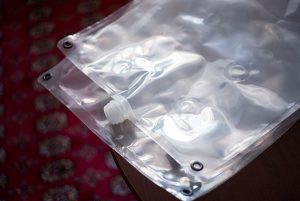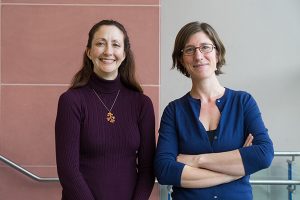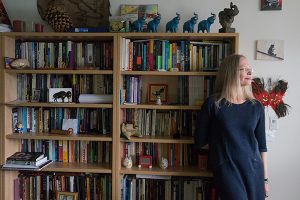Welcome back.
Fall 2017 is well underway. The campus is energized after the calm summer months. Approximately 4,500 first-time freshmen can be seen between classes admiring the 23-foot statue of Tommie Smith and John Carlos at the 1968 Summer Olympics in Mexico City or on skateboards darting to the Student Union. Professors head to lecture halls focused on their classes ahead. College Success Centers are abuzz with students seeking support to change majors, see advisors –we’ve added 20 new ones — and to learn about MyGPS, a suite of technology tools that put academic and graduation support in the palms of students’ hands. MyGPS is a great resource for staff, allowing departments increased accessibility to information to excel student success. Advisors and chairs can access the Student Data Warehouse (SDW) to access reports related to enrollment planning and student progress.
As we begin another academic year, the accomplishments of our colleagues since last May leaves me inspired. Dr. Matthew Spangler became the first San José State University faculty member to win the prestigious Leslie Irene Coger Award for Distinguished Performance. At the same time, the 15th production of his stage-adapted version of the novel, “The Kite Runner,” wrapped its eight-month run in London’s famed West End theater district.
Dr. Peg Hughes and Everett Smith worked diligently over the summer to reinstate and prepare the four courses that make up the new Deaf minor on hiatus from San José State University for approximately a decade. Dr. Hughes and Smith talk passionately in their interview about Deaf culture, adapting and creating new curricula for the minor, and the future of special education.
Dr. Essam Marouf, an electrical engineering professor and associate dean of Research, had an emotionally charged September as he gathered with other researchers to witness the last radio signal from the Cassini spacecraft, one of the largest spacecraft ever launched from Earth. Dr. Marouf spent 26 years on the Cassini Radio Science research team interpreting data transmitted via radio signals during Cassini’s 293 orbits of Saturn.
In just five weeks, so much has happened. More than 33,000 students enrolled and began classes. On September 13, 300 faculty, staff, administrators, campus leadership, and students attended the Strategic Planning Kickoff Event. In her opening remarks, President Mary Papazian challenged our campus community to embrace bold visions for our University’s future.
The following week we hosted Campus Conversations and asked tenured and tenure-track faculty, lecturers, staff, and students how they wanted SJSU to evolve. Their answers laid the foundation for this year’s strategic planning process, and, ultimately, our next decade of growth.
We continue our search for new academic deans in the College of Humanities and the Arts, the Lurie College of Education, and the College of Science. Last week brought a visit from the Western Senior College and University Commission (WSCUC) accreditation team to gather information and monitor our advances in the areas of leadership, organizational climate, shared governance and a campus climate. Upon leaving, they provided a video exit review with their conclusions, the WSCUC Team Special Visit Report.
The world around us is just as busy. We had the first total solar eclipse visible on U.S. soil in a generation, only seen as a partial eclipse for San José, and a heat wave where we couldn’t escape the sun’s blaze. Hurricanes struck Houston, Florida, the Caribbean, and Puerto Rico, and earthquakes devastated Mexico. The recent mass shooting in Las Vegas further destabilized our nation’s sense of unity and safety. Political storms continue to divide the country and challenge the very fabric of diversity San José State celebrates and holds dear.
We as Spartans must stay united, remain vigilant, and focus on what great things we may accomplish in the future. The Office of the Provost, University Library, Office of Research and Spartan Bookstore are sponsoring the Annual Author & Artists Awards for 2017 on Friday, November 3, 2017, from 6:30-8:30 PM in King Library on the 8th floor in the Grand Reading Room. The celebratory event is designed to recognize faculty and staff who have published a book or other major works of general interest and significance in 2017.
The Emeritus and Retired Faculty Association will again award two faculty members the ERFA Faculty Research and Creative Activity Awards to support their scholarly and creative activity. Each year since 2014, ERFA has given two faculty members $2,500 to advance their careers.
May we all be a challenged and inspired this semester and may our academic, research, and scholarship pursuits provide us wisdom, knowledge, and achievement.
Sincerely,
Andy Feinstein
Provost and Senior VP for Academic Affairs
